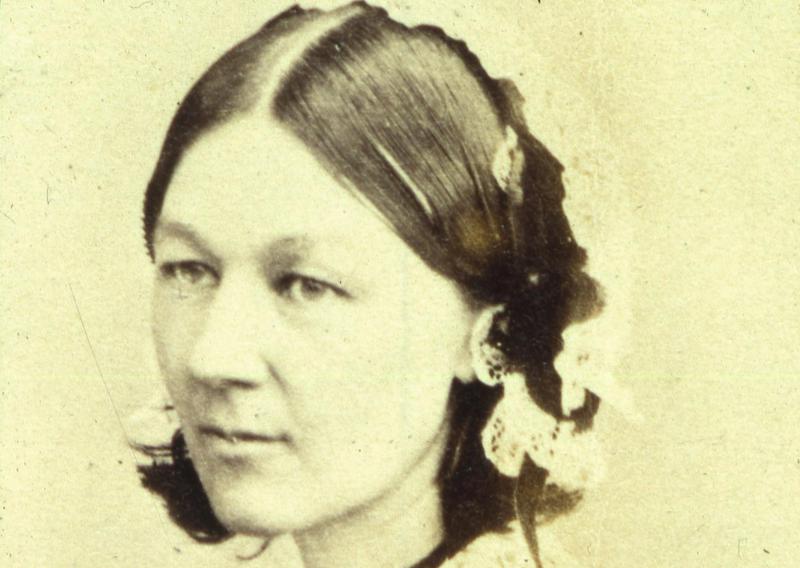Florence Nightingale – The Lady With The Lamp
By | May 15, 2019

Referred to as “the lady with the lamp,” Florence Nightingale was like an angel to the sick and dying that were in Turkey during the Crimean War. This war was during 1854-1856 when Britain and Russia were at war with each other. She worked tirelessly to minister to the sick and dying. It was said that she could be seen well after the others had retired for the night, checking on them with her lamp in her hand.
Born in 1820 and named after the city of her birth (Florence, Italy), Florence Nightingale grew up in a wealthy and prestigious family. Being wealthy and refined did not satisfy her. She felt a deep calling within her that she must fulfill although at first, she did not know what that was. It was not until later as she got older that she realized what it was. She wanted to become a nurse. When she told her parents about this calling, they were not so thrilled with the idea. As far as they were concerned, nursing was not fitting for someone in her social status, but Florence was very headstrong and determined. Finally, her father gave in and allowed her to go to a hospital in Germany to receive nursing experience. She became manager of a hospital in London when she returned.

A two-year war broke out that took the government by surprise. They were not expecting it to last that long so they were totally unprepared for the vast number of wounded soldiers that showed up at the war hospitals. When the reports came in from a reporter for the Times newspaper about the conditions of the hospitals, the Britain people were in an uproar and wanted to see something done about it. There were literally hundreds of injured soldiers in very primitive hospitals with terrible food and very little medicine. As Florence began hearing the reports about the conditions, she felt an overwhelming burden to help these wounded soldiers.
Sidney Herbert, who had become a good friend of Florence’s, was the Minister for War and was aware of Florence’s nursing and managerial skills. When he asked her about gathering a group of qualified nurses and bringing them to the war hospitals to help out, she was more than willing.


In 1856, Florence had a meeting with Queen Victoria about the horrible conditions regarding the food, the death rates, and the training of the doctors. During her time at the hospital, she had calculated the mortality rate which showed that for every thousand injured there were 600 dying of infectious diseases. Her report also showed how the mortality rate went down from 60% to 42% after steps were taken to clean the environment and provide the appropriate equipment, food, and water. A year later, she was able to give the evidence that she had gathered in her reports to the Sanitary Commission which helped to later set up the Army Medical College in Chatham in 1859. In 1860, she established a nursing school which was the very first one of its kind and also wrote her first book on nursing called "Notes on Nursing."

Florence Nightingale was able to make a difference using her statistical skills as well as her own hands-on with the wounded that have been felt down through history.
With her various books on nursing, which are still referenced today, many others have benefited from her knowledge and experience. She has influenced hospitals even today through teaching the importance of keeping them free of germs that cause infections.
In 1910, Florence Nightingale passed away at the age of 90 after suffering from a disease that she had contracted during the Crimea War while attending at the hospital there.

